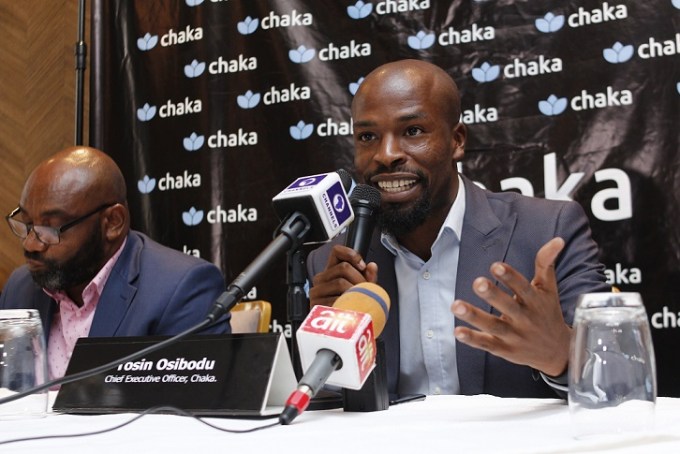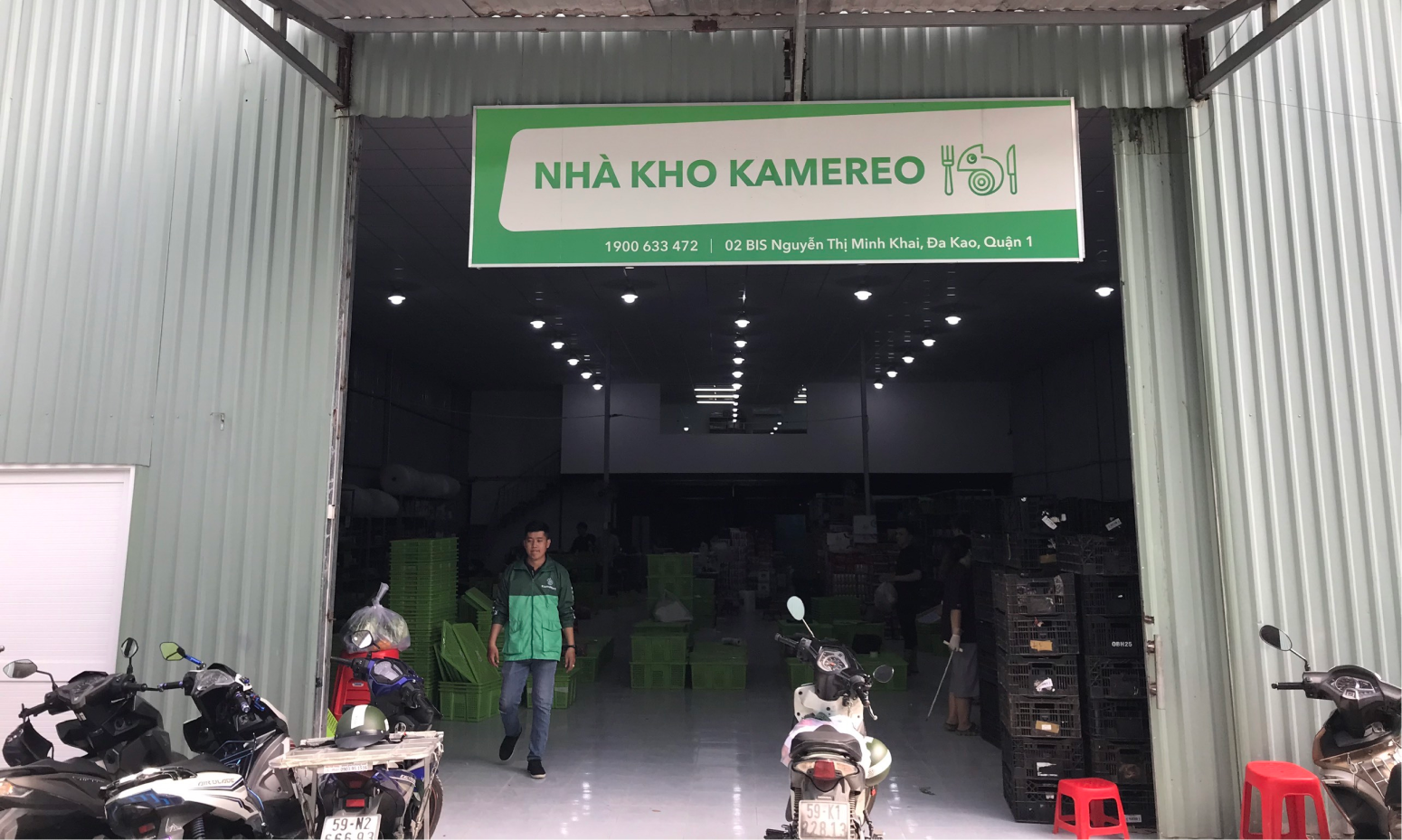News: Carlyle to acquire live broadcasting and streaming tech outfit LiveU for over $400M, say sources
Streaming is the name of the content game these days, and now one of the companies that builds tech to do this from anywhere in the world is getting acquired. LiveU — whose satellite/cellular hardware and software for capturing and delivering live streaming and broadcasting video is used by over 3,000 large media organizations —
Streaming is the name of the content game these days, and now one of the companies that builds tech to do this from anywhere in the world is getting acquired. LiveU — whose satellite/cellular hardware and software for capturing and delivering live streaming and broadcasting video is used by over 3,000 large media organizations — is going to be acquired by private equity firm Carlyle, multiple sources tell TechCrunch, for a value of over $400 million.
LiveU is based in Israel, and the deal was reported to be in the works by local press. Our sources say that the acquisition is in the final stages of closing and could be announced as soon as today or tomorrow. A LiveU spokesperson declined to comment on the story, and a Carlyle spokesperson did not respond to a request for comment.
What is notable is that this is the second time that LiveU has changed hands in the space of two years: the company was previously acquired by Francisco Partners, another PE firm, for at $200 million.
The quick jump in valuation, more than doubling in 25 months, is due in part to the huge surge of interest we’ve seen for video content.
It was not that long ago that you only watched live video on television, using a limited set of broadcast channels. Now, we have live, or near-live, or on-demand moving pictures coming at us from everywhere. On-demand and live streamed video can be found on apps (both those dedicated to broadcasting, and those that offer it alongside other content like YouTube, Facebook, and more) and websites; and not just TVs but phones, tablets and computers. It has become the primary medium for informing and entertaining people today and accounts for more than 80% of all IP traffic.
So it makes sense that a company building technology to make the process of capturing and delivering that video easier, cheaper and at a better level of quality would catch attention. (LiveU has been used for a lot of high-profile coverage, from tennis championships through to the Derek Chauvin trial.)
The other reason for the hike, it seems, is that LiveU itself has grown in size through an acquisition of its own. Earlier this year it snapped up its channel partner in the UK market, Garland Partners, for an undisclosed sum, to get closer to its customers in the region. One of our sources noted that this consolidation helped set the course both for LiveU to get acquired itself, and for its valuation.
It’s not clear whether there were other bidders interested in the company at the same time as Carlyle but the PE firm has been a pretty active buyer and growth-stage investor in the last year, which has been a heady one for funding in the wake of the Covid-19 pandemic and the resulting shifts in consumer and business behavior.
Other acquisitions in Europe (specifically the UK) have included 1e, a hybrid working startup based out of the UK, in deal that valued 1e at $270 million; and gaming company Jagex for around $530 million. Investments meanwhile have included a $200 million stake in South Korean mobility-as-a-service startup Kakao Mobility. LiveU would appear to be its first deal in Israel.
Israel has been a big benefactor of that activity. Avihai Michaeli, a Tel Aviv-based senior investment banker and startup advisor. estimates that startups in the country collectively raised $11 billion in the first six months of 2021, and that has already grown to $12 billion as of today. PE firms are a regular shopper when it comes to Israeli exits, he said, “to improve them from within, and then sell them for an even higher value.” Other examples have included Francisco Partners acquiring MyHeritage in February for around $600 million.
We’ll update this story as we learn more.








